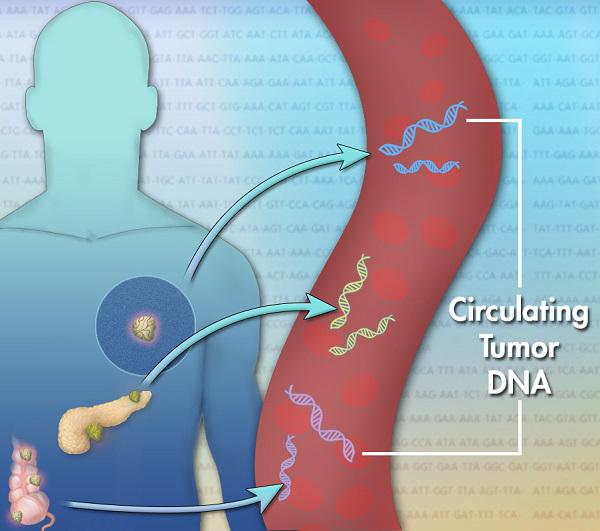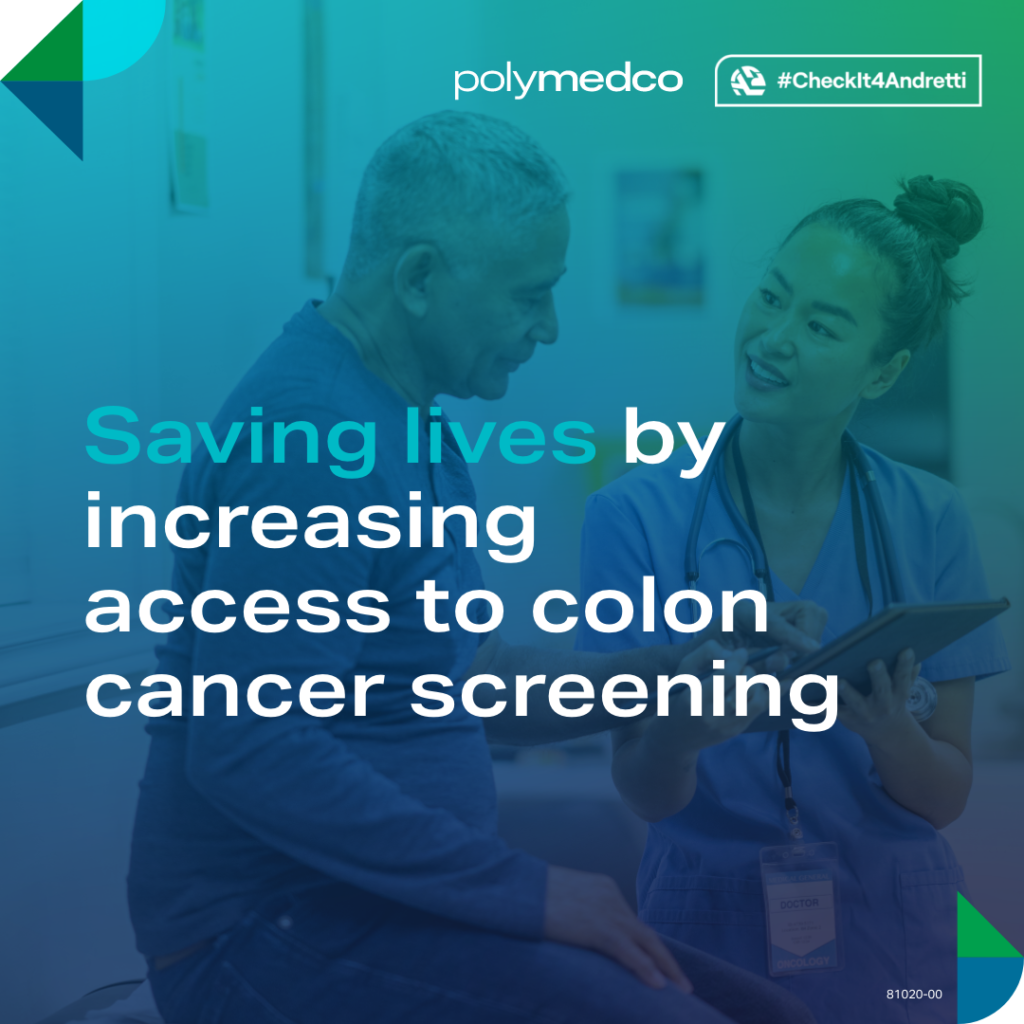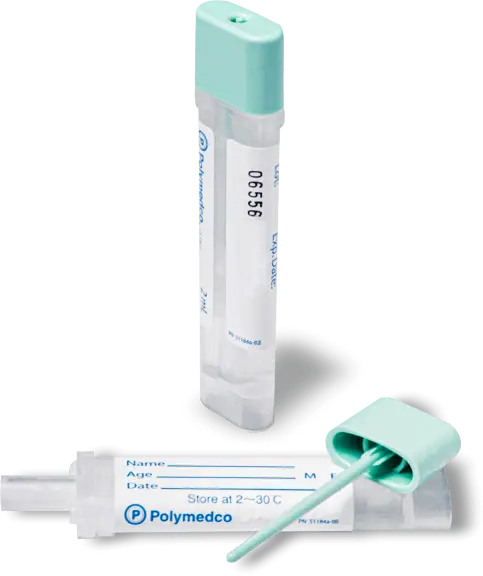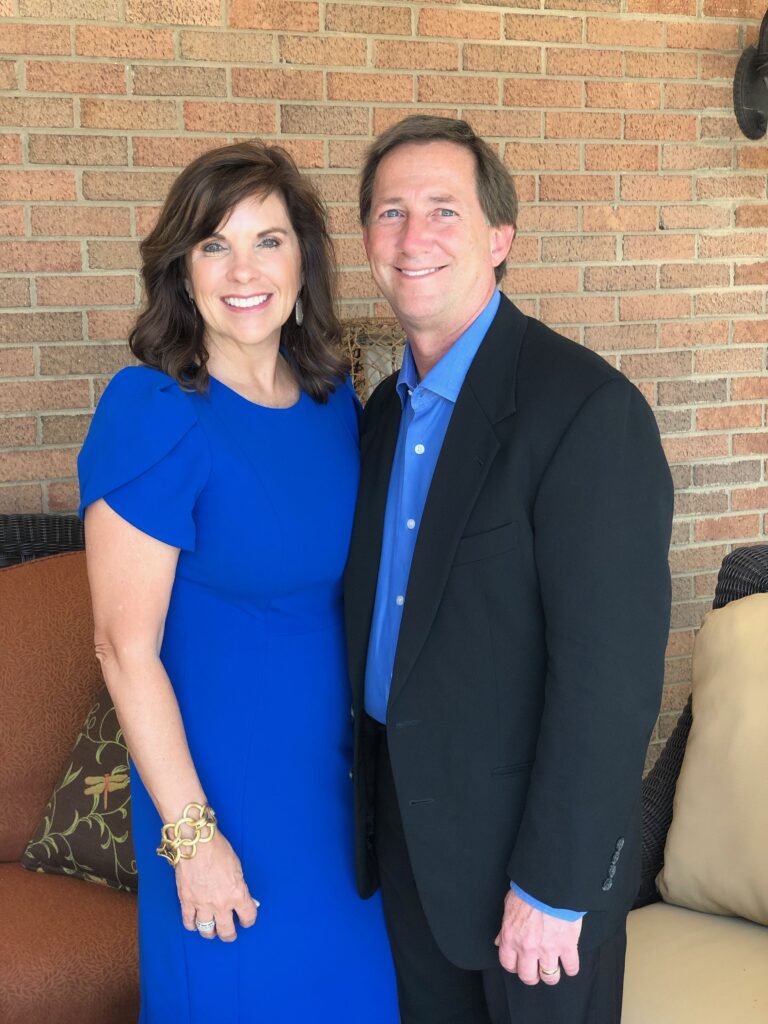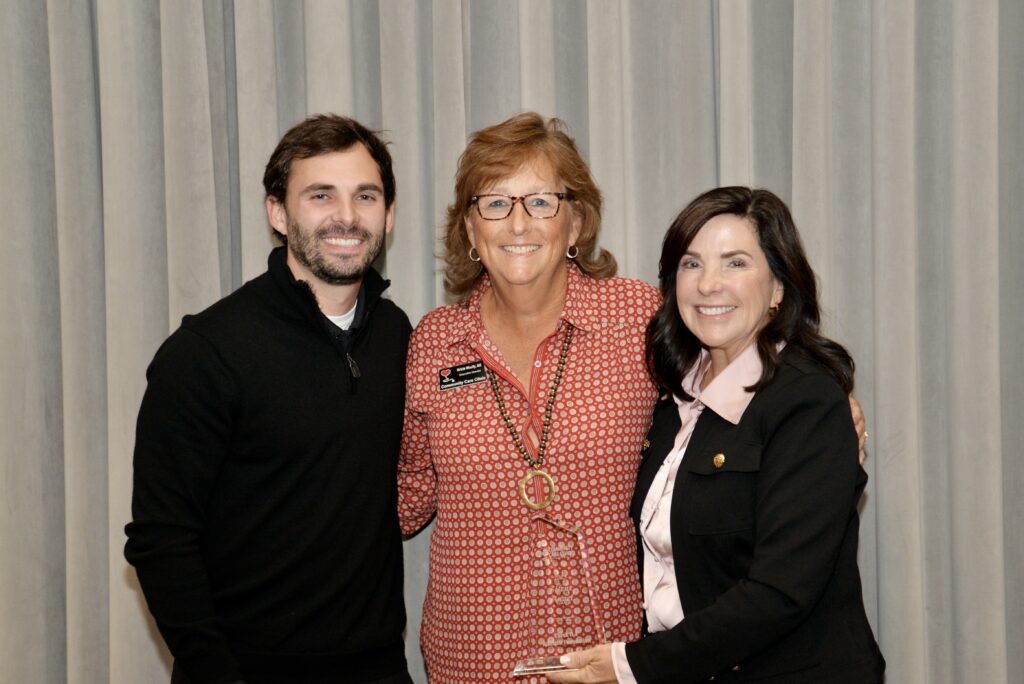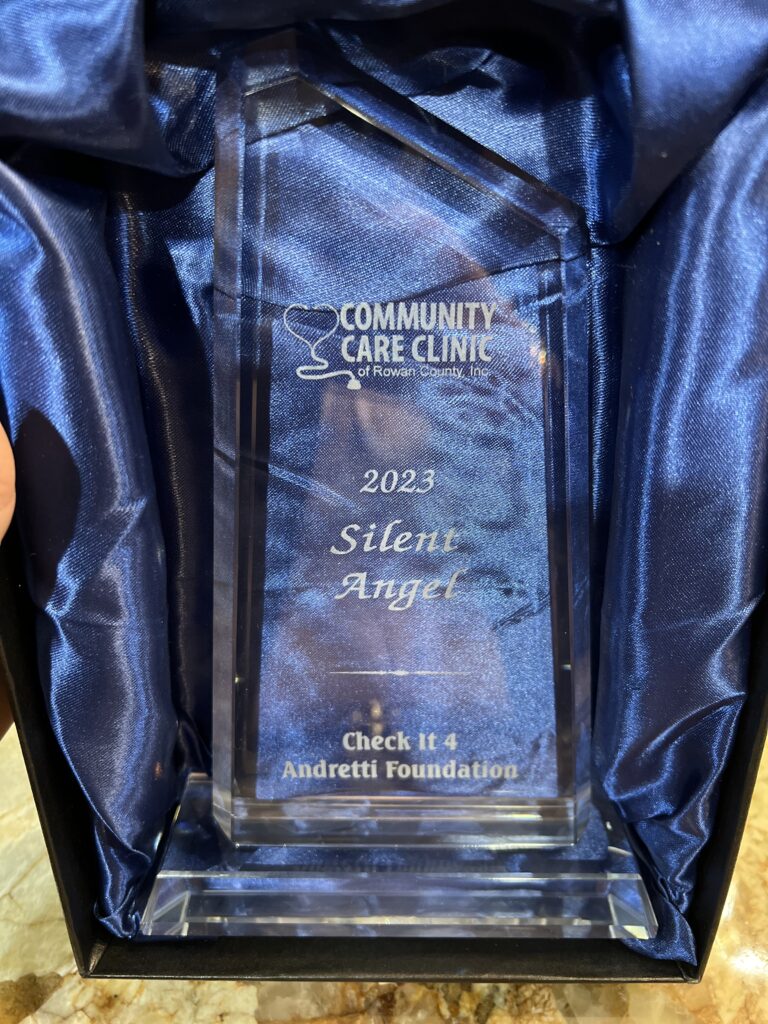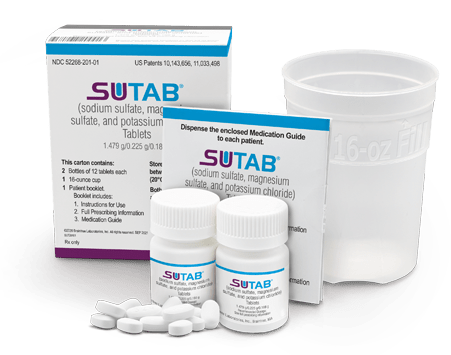Breaking Down Colon Cancer Statistics: Catch it early to keep the odds in your favor
Fast Facts
- Colorectal cancer( CRC) is the second deadliest cancer in men and women in the US.
- 1 in 24 people will be diagnosed with CRC at some point in their life. And over 50,000 Americans will die of CRC this year.
- The earlier you catch colon cancer, the more likely you are to survive. People with localized cancer at diagnosis have a greater than 90% chance of being alive 5 years after diagnosis.
The team here at CheckIt4Andretti are working hard to raise awareness about the benefits of screening for colon cancer. We’re spreading the word that colorectal cancer (CRC) is preventable and that it’s curable when caught early. You can’t change your genetics, but modifying lifestyle choices may reduce your risk. Let’s take a look at your chances of getting colon cancer and how you can keep the odds in your favor.
1 in 24
One in 24 people in the US will develop colon or rectal cancer (CRC) at some point in their life. The risk is slightly higher for men (1 in 23) than women (1in 24). That means that if you have 25 friends, family members or co-workers, your life will most likely be touched by CRC. That number has been slowly decreasing since doctors started routine screening. 1 in 24 also means that there will be about 153,000 new cases of colon cancer diagnosed this year.
Increasing almost 2% a year
Even though the overall rate of CRC is going down, there’s one group where it’s going up. Young people under 45 years old are experiencing a 1-2% increase in the rate of colon cancer every year! In 1995, people under 55 accounted for about 10% of newly diagnosed cases of CRC. By 2019, they made up 20% of new diagnoses.
Doctors think there are many reasons for the increasing rates in young people. The reasons young people may be developing CRC more often include:
- Recommended screening doesn’t start until age 45
- The lack of symptoms until CRC has developed
- Increasing rates of overweight and obesity
- Highly processed foods in the Western diet
- Sedentary lifestyle
- High sugar intake
- Alcohol and tobacco use
Dr. Xavier Llor, a gastroenterologist at Yale Medicine, recommends focusing on the factors young people can change in order to reduce their risk, including:
- Don’t smoke and minimize alcohol use
- Exercise, even a short walk, each day
- Lose weight: small changes can have a big impact
- Eat more whole foods and vegetables. Eat less processed, sugary foods and red meat
- Listen to your body. If something doesn’t seem right, get it checked out
Take the Colon Cancer Risk Assessment
2nd Deadliest Cancer
CRC cancer has become the second biggest cancer killer among Americans; lung cancer ranks deadliest among men and women combined. That means that over 53,000 people are expected to die from CRC in the US this year! Second place is a heartbreaking statistic when you consider that CRC is largely preventable or curable when caught early.
Greater than 90%
The American Joint Committee on Cancer reports that if CRC is diagnosed before it spreads to lymph nodes or outside the colon, more than 90% of people will be alive 5 years after diagnosis. The 5 year survival drops quickly depending on how far the cancer has spread. 5 year survival rates based on stage are as follows:

Catching CRC at Stage 0 or 1 also means a much easier treatment regimen. A simple polypectomy (removal of a polyp) or surgical resection is usually the treatment of choice for very early colorectal cancers. More advanced stages (2-4) require more extensive surgery. Depending on its size, organs affected and aggressiveness of the cancer, other treatments may be needed. Chemotherapy, radiation or immunotherapy may be used to help improve your chances of a good outcome.
Zero
The risk of getting CRC is never zero. You can’t control every risk factor. Even if you exercise every day, never drink or smoke and only eat organic whole food, you’re still at risk for getting CRC. Once you’re born, the dice have been thrown. You can’t go back and change the characteristics that are carried in your family’s past. And you can’t control all the chemicals in the environment around you. Some of the factors that increase your risk of CRC, but you can’t control include:
- Family history of CRC
- Genetic syndromes
- Environmental exposure
- Ethnicity
- Gender at birth
- Age
The Bottom Line
Colorectal cancer is one of the most common cancers in men and women. When caught early it can be cured. You can’t reduce your risk of getting CRC to zero, but you can improve your odds by modifying some lifestyle choices, losing weight and getting screened. People are counting on you to be there for them tomorrow and years from now. Don’t gamble with your life. Get checked out. Check it for the people you love. CheckIt4Andretti.
